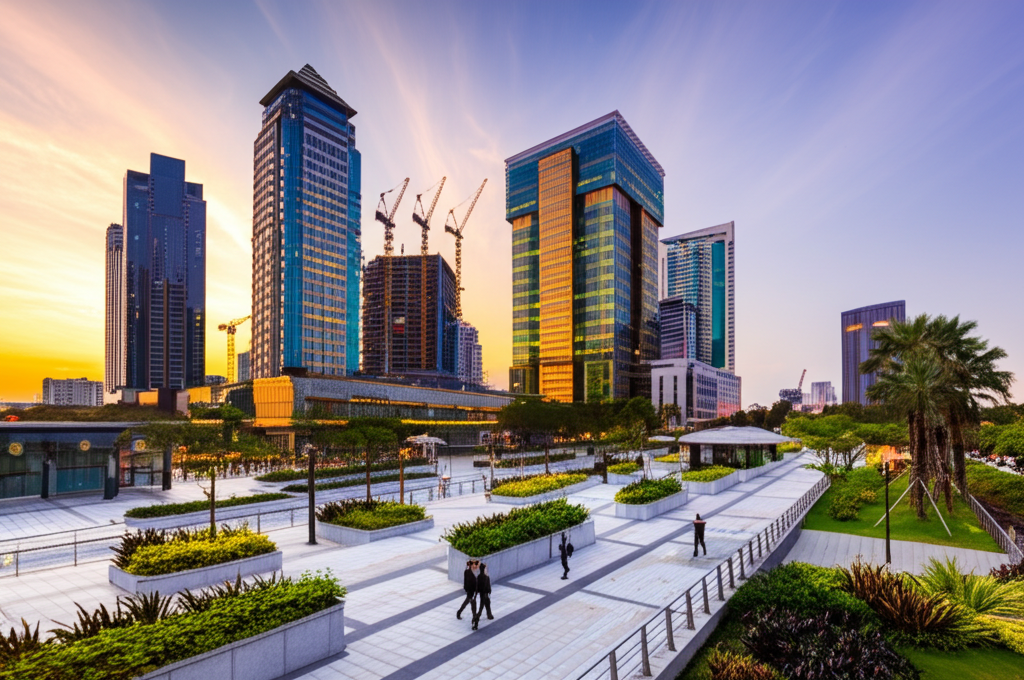
The Johor Bahru property market is experiencing a resurgence, fueled by strategic government initiatives and infrastructure developments that promise to reshape the region’s economic landscape. Key drivers include the newly launched Johor-Singapore Special Economic Zone (JS-SEZ), potential transit upgrades, and a shift toward freehold property conversions in Medini Iskandar Malaysia. These measures aim to attract investment, enhance connectivity, and boost real estate demand in one of Malaysia’s most dynamic urban hubs.
The JS-SEZ, a collaborative effort between Malaysia and Singapore, targets high-growth sectors such as aerospace, pharmaceuticals, and digital technology, offering tax incentives to qualifying businesses and skilled workers. Companies investing in priority industries will benefit from a reduced 5% tax rate for up to 15 years, while eligible professionals enjoy a 10-year 15% tax rate. However, concerns linger over the execution of infrastructure projects tied to the zone, with some Singaporean firms questioning whether development timelines will align with investor expectations.
Another significant development is the proposed conversion of leasehold properties in Medini to freehold status, a move expected to increase property values and attract developers back to the area. Premiums for conversion are reportedly minimal, with serviced apartments priced below 1,000 sq ft facing a RM5,000 fee, while larger units require RM8,000. Meanwhile, plans for a Johor Bahru LRT or autonomous rapid transit (ART) system aim to alleviate congestion ahead of the upcoming Rapid Transit System (RTS) Link to Singapore. Estimated costs range from RM7 billion to RM20 billion, though funding and public adoption remain key challenges.
Despite these positive trends, global economic uncertainties, including potential trade tensions under a second Trump administration, could impact Johor’s growth trajectory. While Malaysia may benefit from companies diversifying supply chains under a “China+1” strategy, prolonged trade disputes could dampen demand for exports. Locally, residential prices have risen, with landed properties seeing increases of 3% to 11%, while serviced apartments appreciated by 3% to 6%. New launches in late 2024, including high-end cluster homes and fully sold-out serviced apartments, reflect strong market interest.